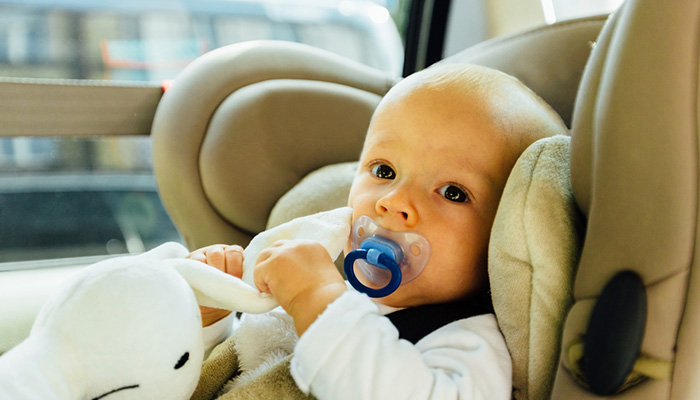Winter in Minnesota usually means an increase in illnesses such as influenza, strep throat, RSV, vomiting and diarrhea. Parents would like to do everything they can to keep their children healthy. Priority #1—be sure your child’s vaccinations are up to date. So far this season, there have been 15 million cases of influenza illnesses, 140,000 hospitalizations, 8200 deaths in the United States. One child in Minnesota has died. The influenza vaccine may not protect fully against the illness, but it may make it milder. You will not get influenza from the vaccine. In Minnesota in 2019, there were 25 cases of pertussis or whooping cough in babies less than 6 months old. 8 were hospitalized, 2 cases were severe, one baby died in November.
Healthy young children do not have immunity to many common infections and are often ill in the first few years of life. An infant in daycare may have 8-10 more colds/year than an infant at home with no brothers or sisters. Diarrhea usually occurs once or twice/year. To help protect your child, use a good handwashing technique. Wet your child’s hands, apply clean bar or liquid soap, place bar soap on a rack so it can drain and dry before you use it again, rub hands together scrubbing every surface for 10-15 seconds. This is a long time, so sing a song that lasts 15 seconds while washing. Rinse and dry hands completely. Antibacterial soap is not better than regular soap and may lead to resistant germs on the skin. Soap and water is better than a gel or rinse when hands have visible dirt. Make sure your child knows to wash hands after using the toilet and before and after eating.
If your child is in daycare, be sure infant and toddler toys are sanitized before others play with them. Be sure door and cabinet handles, surfaces in toileting and diapering areas are cleaned at the end of every day. Be sure changing tables and potty chairs are cleaned after each use. Be sure food brought from home is properly stored.
An ill child should not go to daycare if he/she cannot comfortably participate in activities or needs so much attention staff cannot care for others or can spread a harmful disease. A child with a fever above 101 degrees and other symptoms (cough, runny nose, sore throat) should stay home until the fever resolves without use of anti-fever medicine. An infant less than 2 months old should get medical evaluation if there is a fever above 100.4 degrees. A child with diarrhea (2 stools above normal in 24 hours, bowel movements not contained in a diaper or diarrhea causing accidents in toilet trained children), should not be in daycare. Vomiting 2 or more times in 24 hours, abdominal pain lasting more than 2 hours or abdominal pain with fever or other symptoms are reasons for exclusion as are mouth sores with drooling, rash with fever or behavior changes, skin sores that are exposed and weeping.
Be sure daycares, schools, caregivers know how to reach you at all times.
If you have questions or concerns, the South Lake Pediatrics team of clinicians, triage nurses and support staff are here to help you through winter in Minnesota.



